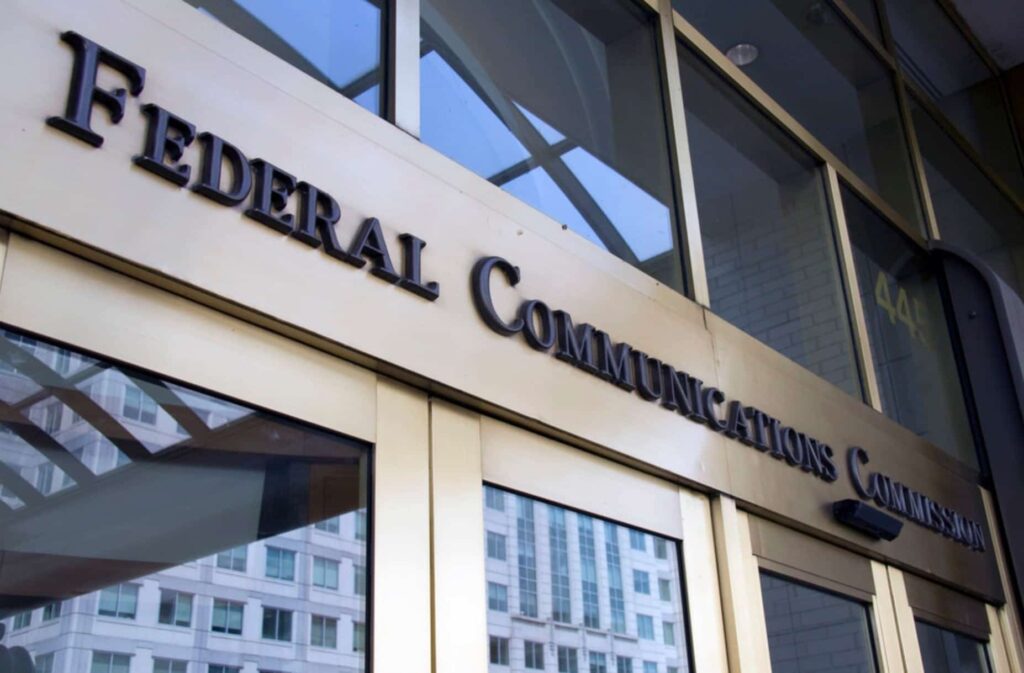Welcome to the latest edition of “ADA in the News,” featuring recent updates and rulings regarding the Americans with Disabilities Act.

The lawsuit claimed that Sprouts Farmers Market — which operates grocery stores in Colorado and other states — refused to hire three applicants who were deaf or provide sign language interpreters during job interviews.
According to the suit, the applicants were contacted by store managers to interview for open positions, and each requested a sign language interpreter for their interviews. The EEOC alleged that Sprouts failed to make any arrangements for interpreters and ignored the applicants when they followed up about their requests for an accommodation and the interviews.
Such alleged conduct violates the Americans with Disabilities Act (ADA), which prohibits discrimination based on disability and requires an employer to provide reasonable accommodation to applicants with disabilities unless doing so would cause significant difficulty or expense for the employer.
Under the terms of the settlement, Sprouts will pay a total of $280,000 to resolve the claims, review and revise its ADA policies, adopt written guidance on reasonable accommodations, and provide ADA training.
Software Developer, Staffing Company Sued for Disability Discrimination
Construction software developer Viewpoint, Inc. and its recruiter, CampusPoint Corp., violated federal law by refusing to accommodate or hire a qualified applicant who was deaf, the EEOC charged in a lawsuit.
The EEOC claims that CampusPoint agreed to interview a man for an analyst position with its client Viewpoint, with both companies agreeing that the applicant was highly qualified. The suit claims, however, that when the applicant requested an ASL interpreter for his group-interview, the companies wrongly assumed that he would need a full-time interpreter to shadow him if hired.
The suit claims that instead of considering available accommodations or discussing the issue with the applicant, the companies rejected him because of his disability. Rejecting a qualified applicant because of disability violates the ADA.
The EEOC seeks monetary damages for the applicant and injunctive relief, which typically includes training on anti-discrimination laws, posting of notices at the worksite, and compliance reporting.
CT Hospital Settles Discrimination Case

The agreement resolves a complaint filed with the U.S. Department of Justice on behalf of an individual who is deaf. The claim alleged that Backus Hospital failed to provide timely auxiliary aids and services to effectively communicate with the patient during a stay at Backus Hospital.
According to the complaint, despite requesting services upon arrival and receiving them during his emergency room stay, the patient was not provided an interpreter or video remote interpreting services at critical points of care during his stay and relied on hand-written notes to communicate with doctors and staff during the hospital visit.
After an investigation, Backus Hospital agreed to take steps to ensure the availability of auxiliary aids and services, and to pay $7,500 in compensatory relief for the complainant under the ADA.
Senior Living Centers Sued Over Reasonable Accommodations
According to an article in McKnight Senior Living, a number of senior living operators are facing civil rights accommodation lawsuits for allegedly discriminating against prospective and current residents with hearing issues by failing to provide sign language interpreters for them.
The Fair Housing Center for Metropolitan Detroit filed suit against more than a dozen Michigan senior living centers.
According to the suits, the Fair Housing Center sent people posing as relatives of prospective residents to determine whether the senior living communities would supply an American Sign Language interpreter for deaf residents.
Despite requests, the Fair Housing Center claimed that the communities would not provide interpreters and, instead, said that individuals could arrange for and pay for an interpreter themselves or use written notes to communicate. The lawsuits allege that these actions violate the Rehabilitation Act, the Fair Housing Amendments Act, the Affordable Care Act, and Michigan’s Persons with Disabilities Civil Rights Act.
The suits seek financial relief and damages, and requests that the communities establish policies prohibiting future discrimination, provide staff training, and supply onsite interpreters moving forward.




